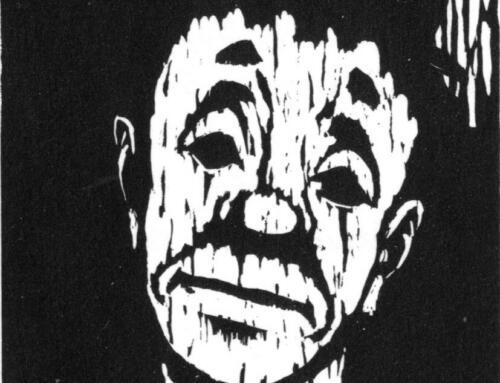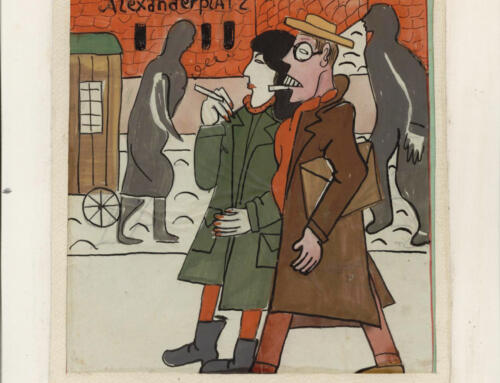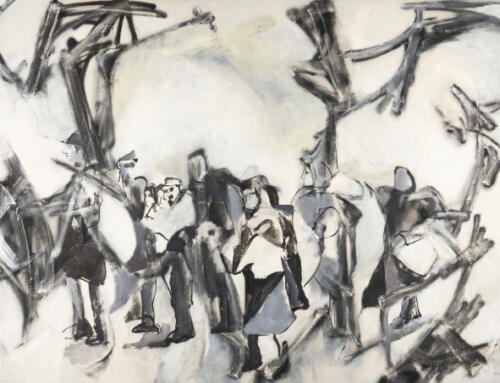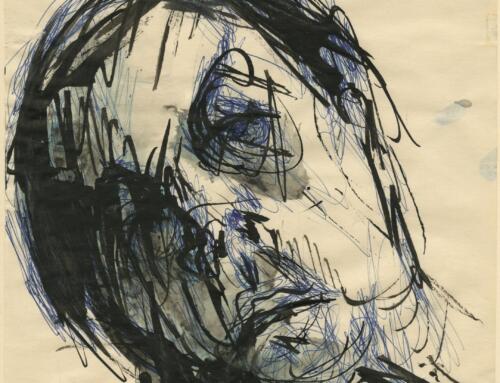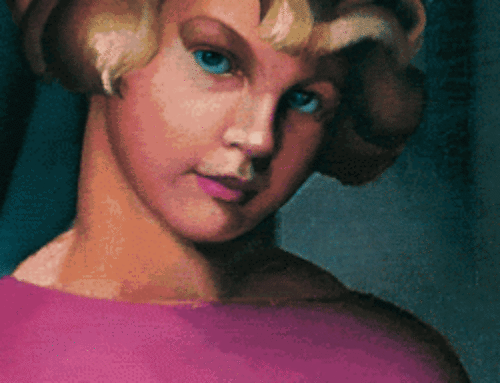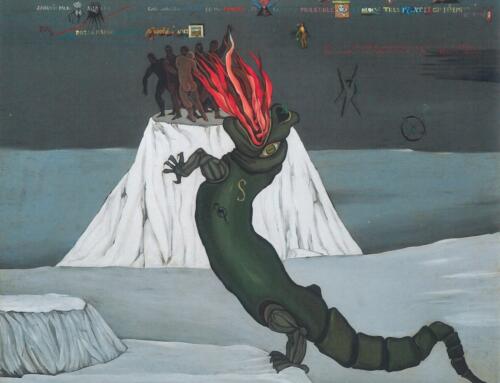Dear Friends,
Summer is here! As we are heading for July 4th, I hope you are staying cool in this sweltering heat.
Looking for inspiring summer reading, we bring you a virtual book talk about another strong woman:
WEDNESDAY, July 9, 12:00PM EDT
DEAR MISS PERKINS.
A Story of Frances Perkins’s Efforts to Aid Refugees from Nazi Germany
Book talk by Rebecca Brenner Graham, Ph.D.

In this book talk, Rebecca Brenner Graham describes how Secretary of Labor Francis Perkins helped save the lives of countless Jewish refugees fleeing Nazi Germany – without fanfare, and despite powerful opposition.
Frances Perkins’s early experiences working in Chicago’s famed Hull House, and as a firsthand witness to the horrific Triangle Shirtwaist fire, shaped her determination to advocate for immigrants and refugees. As Secretary of Labor, she wrestled with widespread antisemitism and isolationism, finding creative ways to work around quotas and restrictive immigration laws. Diligent, resilient, empathetic, yet steadfast, she persisted on behalf of the desperate when others refused to act.
Perkins was the first woman to serve in a presidential cabinet, the longest-serving labor secretary, and an architect of the New Deal. Yet beyond these celebrated accomplishments, there is another dimension to Frances Perkins’s story.
In March 1933, at the height of the Great Depression, Perkins was appointed Secretary of Labor by FDR. As Hitler rose to power, thousands of German-Jewish refugees and their loved ones reached out to the INS—then part of the Labor Department—applying for immigration to the United States, writing letters that began “Dear Miss Perkins …”
Dr. Rebecca Brenner Graham is a postdoctoral research associate at Brown University. Previously, she taught at the Madeira School and American University. She has a PhD in history and an MA in public history from American University, as well as a BA in history and philosophy from Mount Holyoke College. In 2023, she was awarded a Cokie Roberts Fellowship from the National Archives Foundation and a Rubenstein Center Research Fellowship from the White House Historical Association. Her writing has been published in the Washington Post, Time, Slate, the Los Angeles Review of Books, and elsewhere.
This, like the following virtual event, is part of the online series “Flight or Fight. stories of artists under repression.”
If you can’t attend the events, we encourage you to register anyways and you will receive the link to the recording. Participating in the event enables you to ask questions and be part of the discussion following the talk.
Do you ever wonder how 20th century art could have developed without the brutal inventions of the Nazi regime?
WEDNESDAY, July 23, 12:00PM ET ONLINE
WHAT IF?
Presentation by Ori Z Soltes, PhD, Washington DC
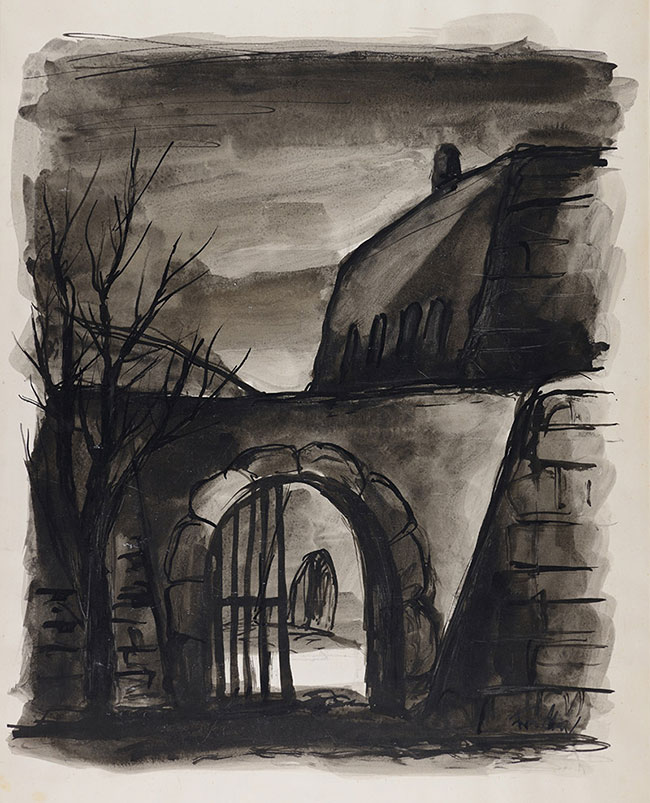
Bedřich Fritta (Friedrich Taussig), Rear Entrance, Theresienstadt Ghetto, 1941–1944. India ink and wash on paper, 51 x 36.5 cm. Collection of the Yad Vashem Art Museum, Jerusalem. Gift of the Prague Committee for Documentation, courtesy of Ze’ev and Alisa Shek, Caesarea, Israel
This image-rich talk by Dr. Ori Z Soltes from Georgetown University in Washington DC will consider some of the many Jewish artists destroyed by the Holocaust who had either begun or were poised to add significant threads to the tapestry of twentieth century visual art. Some are now well-known and others remain obscure—but what if artists like Charlotte Solomon and Felix Nussbaum or like Erna Dem and Fritz Taussig had survived to do more art? What additional significant contributions might they have made?
Ori Z Soltes, PhD, teaches art history, theology, philosophy and political history in the Center for Jewish Civilization at Georgetown University and is the former Director and Curator of the B’nai B’rith Klutznick National Jewish Museum. He is co-curating the exhibition. What If?, with Marc Masurovsky, which is scheduled to open in 2028 in Dusseldorf, Germany.
On June 19, a Picasso painting at the Montreal Museum of Fine Arts was smeared with pink paint by a climate activist. The painting, L’hétaïre, was under protective glass and was not damaged. The activist was arrested and later released with a court date.
The painting is part of the landmark exhibition about the Parisian art dealer Berthe Weill (1865-1951), which was on view at The Grey Art Museum in New York, NY this past spring. You can re-watch co-curator and retired museum director Lynn Gumpert’s talk about the exhibition here:

Berthe Weill, Art Dealer of the Parisian Avant-Garde is on view until September 7, 2025 at the Montreal Museum of Fine Arts.
Berthe Weill was a trailblazing art dealer who exhibited works by emerging artists in her Parisian gallery from 1901 to 1941. Even though many of them went on to become key avant-garde figures, Weill’s role has been omitted from most historical accounts of 20th-century modernism. In this presentation, Lynn Gumpert, a co-curator of the first exhibition on Weill, provides an overview of this remarkable woman.
Do you remember Erik Riedel’s talk about Léo Maillet (1902-1990), who escaped from a deportation train bound for Auschwitz and lived in the French Cévennes under a false identity from 1942 onwards? The small exhibition at the Jewish Museum Frankfurt is worth a trip.
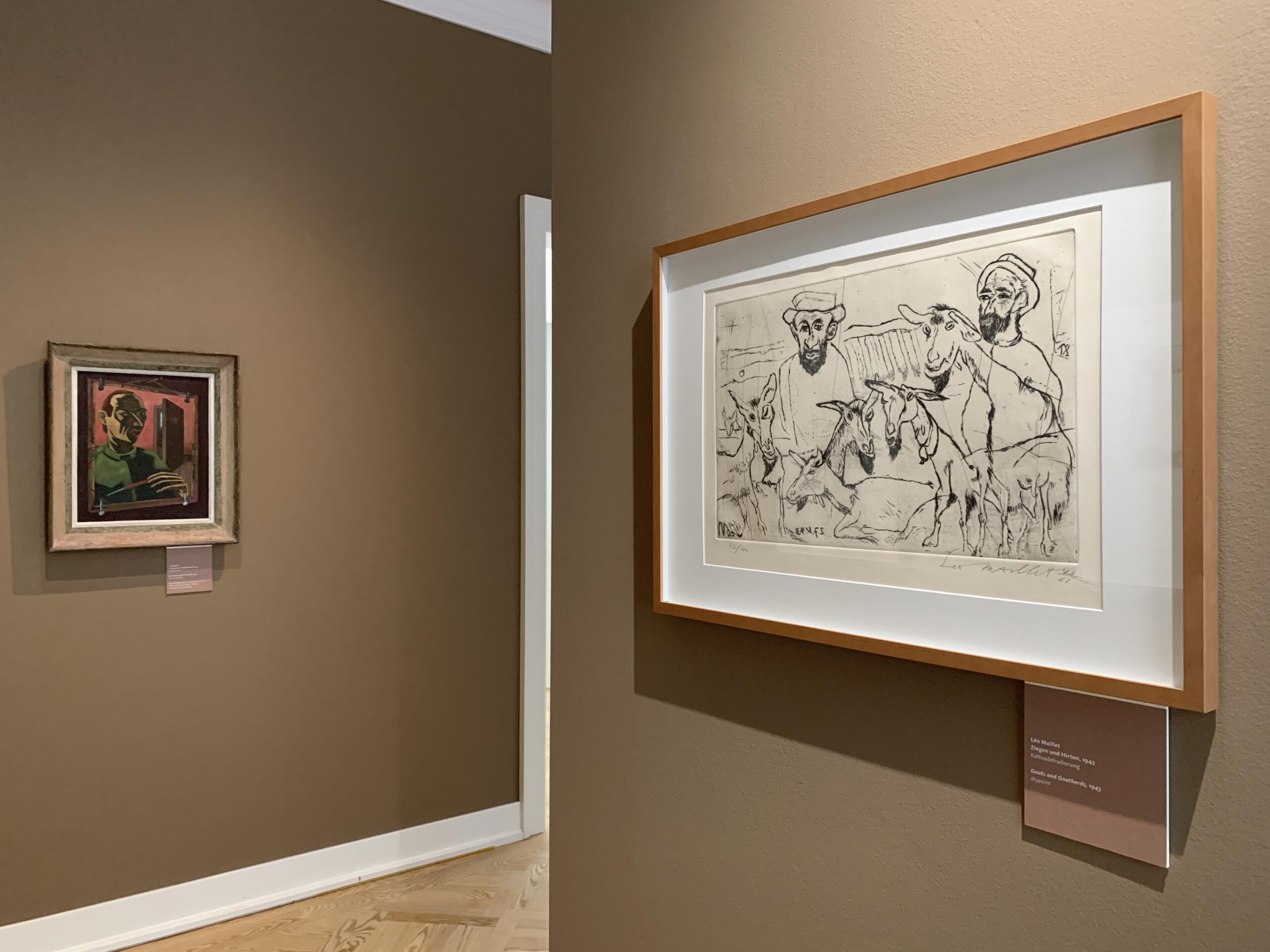
Léo Maillet. The Broken Mirror is on view until November 16, 2025 at the Jewish Museum Frankfurt.
The work of the painter and graphic artist Léo Maillet, who changed his name in exile from the original Leopold Mayer, reflects the numerous upheavals in his biography.
The self-portraits Maillet created in exile form the core of this special exhibition; they offer symbolic expression to the persecuted artist’s contradictory and precarious existence.
You can find the recordings of our virtual June events here, to watch, re-watch and share:



